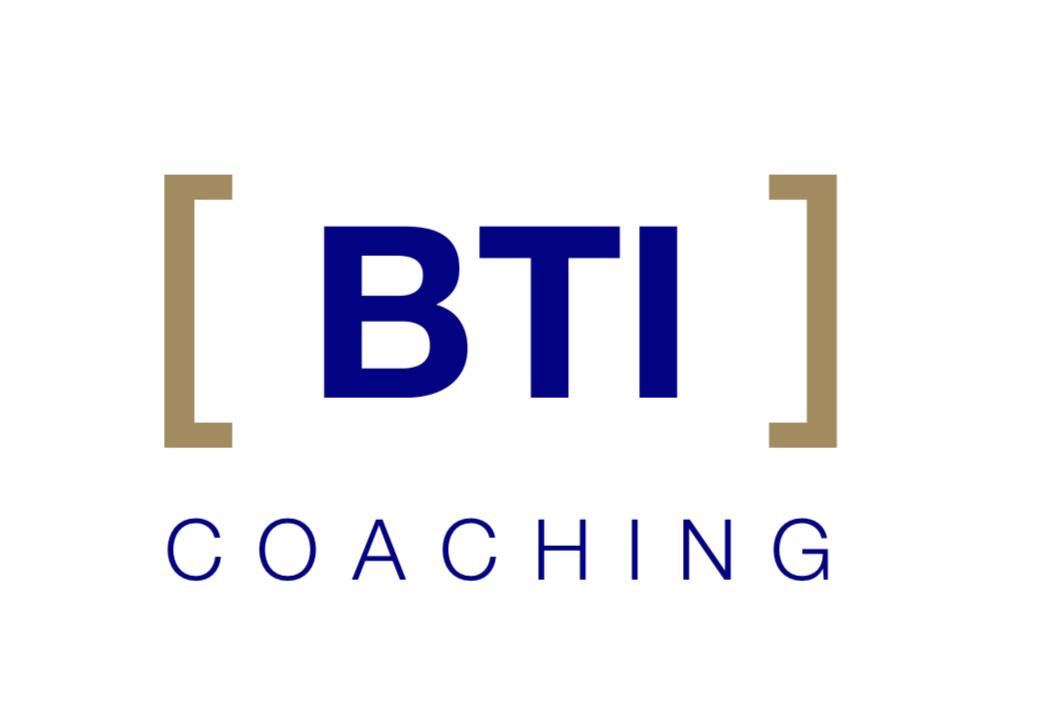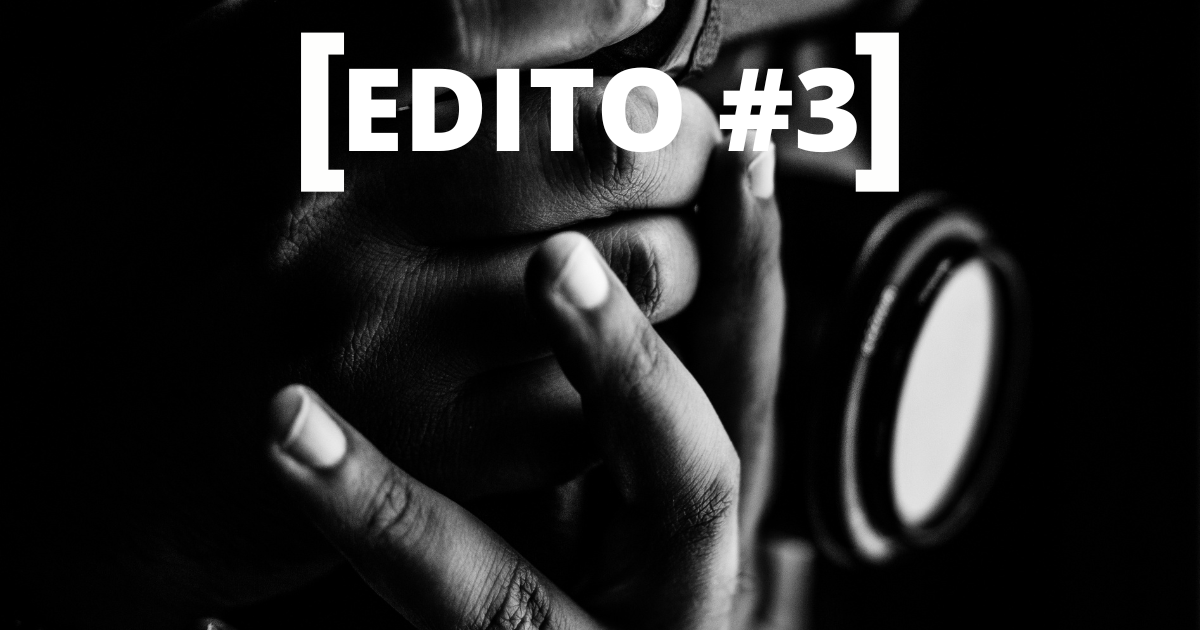
Take a picture
Photography is the very expression of a moment frozen in time. As a Coach, it is necessary to live in the present here and now. Nothing like taking a picture of this unique and irreplaceable moment and freezing for eternity our emotions, thoughts and bodily sensations. I see it as a metaphor for what is desirable in order to experience reality and gain wisdom.
Photography allows you to look at yourself differently, without filters, by letting emotions emerge in order to identify them, accept them, free yourself from them and reclaim your body and image.
We take a picture to extend the happiness of an ephemeral moment. Coaching will reveal these unique moments and will allow the creation of powerful emotional anchors.

Would the coach be a black & white photographer?
I’m a coach, it’s my job and I’m passionate about it. I am also a photographer; amateur certainly but just as passionate.
So here are two passions: contradictory, complementary or … indifferent to each other?
Ted Grant, the father of the Canadian photojournalist, said: “When you photograph people in color, you photograph their clothes. When you photograph people in black and white, you photograph their souls. »
Would the coach be a black and white photographer?
1. But to start with, a little news and current events:
Among the new trends in Coaching, both in France and abroad, we find the development of niche coaching: and there, there is already a “new” profession, coaching for photographers! Confreres have specialized in the accompaniment of photographers (professionals I suppose). Interesting, of course. Fun, for sure. But beyond the anecdote, specialization in our profession is a heavy trend to consider.
In parallel and more surprisingly, it seems that there are now service offers from “Photographers for Coaches” (true story). The circle is closed and at least these two professionals will be able to barter: if you coach me, I’ll shoot you a few portraits and vice versa.
In the news, more seriously, since the pandemic and the changes in behavior it has introduced, both professions have the same “concern” (understatement…): customers understand less the added value of a professional. Social networks have taken over in 2020 and between the fashion effects and the multiplication of pixels on our mobile phones or tablets, everyone proclaims themselves a photographer. The same is true for coaches: at the end of the pandemic, it seemed that anyone, without a base, experience, diploma, or qualifications, could proclaim themselves a coach. But this is a topic that deserves to be dealt with in another article.
2. In theory, the analysis of an image (or our client) is done through an approach that can be divided into three steps:
– Objectively describe what you see.
– Contextualize: what we know about the image or the client.
– Interpret but do not criticize what is deduced from the two previous elements.
With this in mind, the coach and the photographer must be sensitive (from 1600 to 3200 ASA) and passionate, it is a minimum. But they must also be benevolent with their subject, in front of whom they both pose as observers.
Together they ask themselves the essential question: how to best approach the subject, how to “treat” it, how to “frame” it, how to “make it stand out”, how to help the elements in front of them to present themselves in the best way, or the most original, or why not the most absurd… but always waiting for a result that transcends the subject while giving him back control.
And in the vocabulary of image and coaching, only similarities: analysis of the depth of the plane (foreground, foreground, background), but also context or plans-scenery (general, wide, or overall plan), which embraces a wide field of vision.
And they can choose at any time to change their angle of view: the coach will be able to perform a 360 where the photographer will take a panoramic view, while keeping an eye in the viewfinder.
They use different lighting, change the framing, highlight the contrasts, and focus on the session… and should not forget, if they use filters, to take them into account when observing the subject.
Finally, they take care of the resolution by avoiding saturation. Decidedly these two were made to get along: so much the better, otherwise it was schizophrenia!
Jean-Christophe Beauvais – Business Coach, BTI Partner
[email protected]
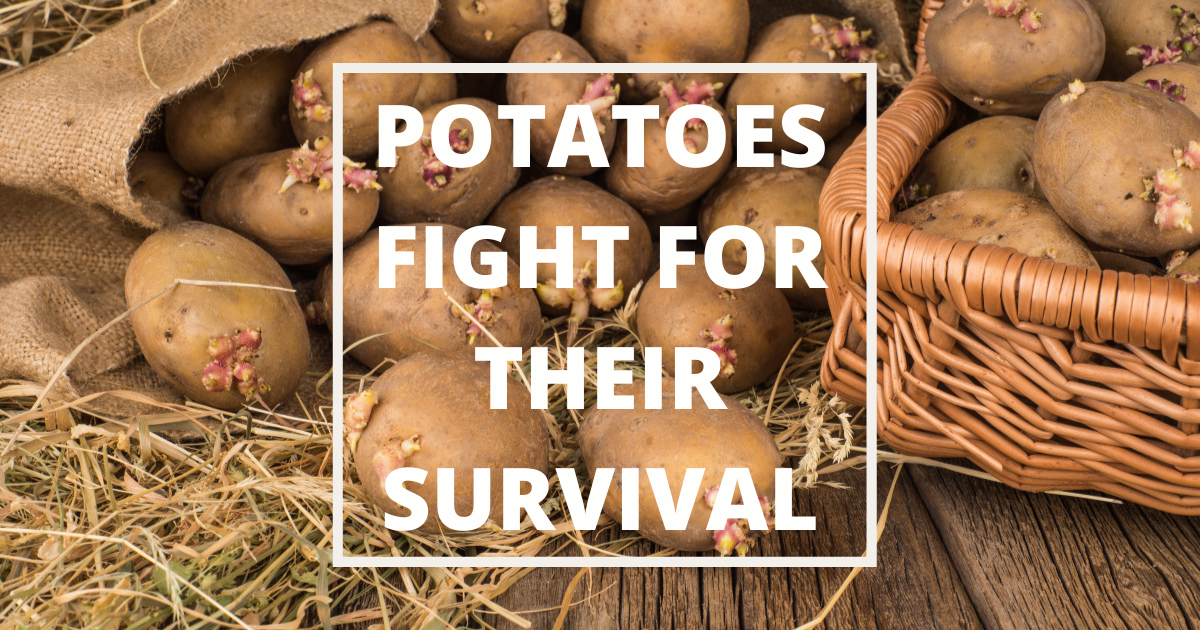
Potatoes fight for their survival
Dealing with challenges does not only depend on our ability to overcome difficulties through special intelligence or specific skills. An irresistible force pushes us to move forward and do the work, regardless of resistance. Who has never seen potato sprouts growing in the bag stored at home? These potatoes have not been replanted or cultivated and yet, without being in the most favorable conditions, they continue to fight for their survival.
This vital momentum allows us to live in the present moment and channel our energy to the task at hand.
What do we really want? What drives us to move forward and develop our potential despite the circumstances?
It would seem that reason is at the service of this impulse. Reason is at the service of life, but it is not life itself.

In fact, it is a latent ability to understand oneself. It is an innate tendency to develop all our potentialities and to find there a source of plenitude and satisfaction. We are in a permanent process of change in search of coherence. Momentum is the impulse that generates these efforts.
Each person knows intuitively what to do. It’s up to you to discover these resources, these multiple anchorages. Your coach will reveal them with some clarity. The professionals of coaching are support to restore order in your thoughts and emotions.
Each is destined to manifest itself in a different way according to your nature and your own conditions. So let’s not try to compare yourself ro others but rather let’s pay attention to what springs up in us at any moment.

It is the life force that builds confidence in us. A force sometimes forgotten or repressed. A force that is diluted by the external conditioning and paradigms of our society. Let’s get up and create.

Unleash Your Life Force!
Life Force, also called vital energy, vitality or self-healing force is present in other terms in many cultures (in China we speak of “Chi”, In India “Prâna” (breath) etc). When a person or a team suffers from low energy, the first thing to do is to “revitalize”. Genial ardor is found in all natures in a latent state, and will emerge in contact with others and with society.
We are capable to be charismatic and charisma reflects an energy that revitalizes. Coaching sometimes requires moving to this higher energy stage to help the other in connecting with his Flow. In order for the coachee to jump forward and to let go, it is sometimes necessary to break the rope and create these energetic conditions. Circumstances will not determine our vitality. This vitality will emerge from our conscious mind able to regulate, protect and restore its own internal energy.
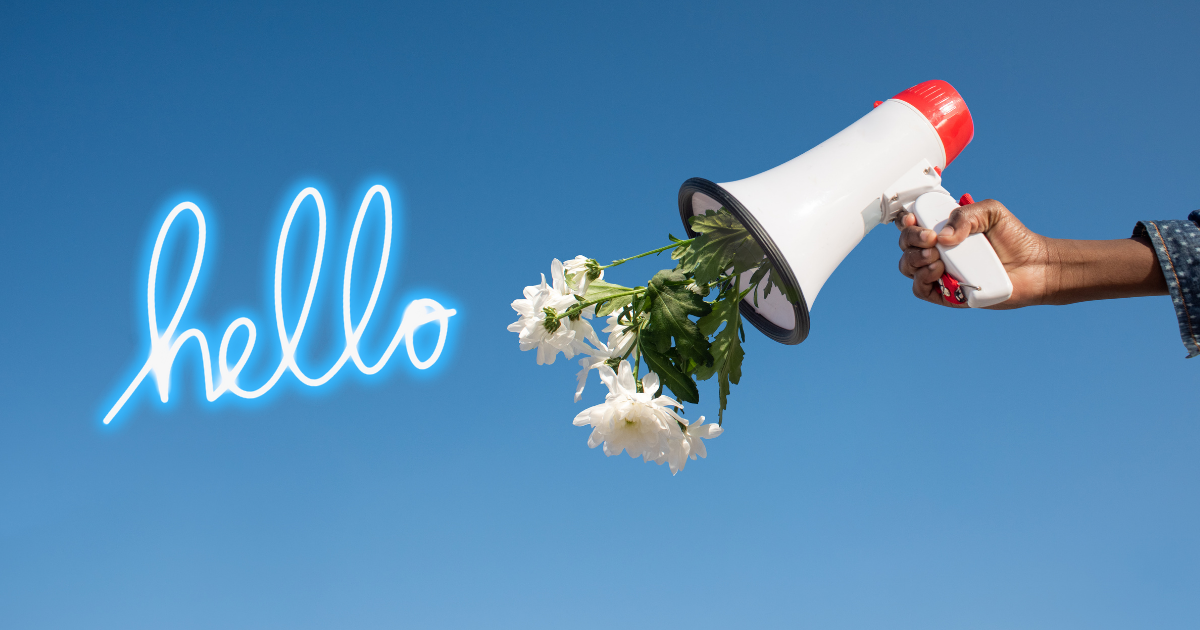
Hello
Hello, Hi, Hey, Hi, Good morning, How are you? What’s up? A hand shake, hands joining, shaking, clapping, a hug, a few kisses, 1, 2, 3 or 4 kisses, a smile, a look, a reverence… so many ways to greet each other, to recognize each other, to tell the other person that they exist, to open up to the other.
Saying hello is an outward sign of recognition and civility to the person in front of us. A simple definition that manifests itself at every moment of our lives in countless ways.
How do we say hello? Have we ever thought about the impact of those few seconds when humans meet, souls cross paths and hearts speak?
As a former teacher and now a convinced coach, I am familiar with two marvellous professions at the service of human beings. The multitude of common points between these two worlds fascinates me: relationship, listening, presence, rules, autonomy, feedback, self-regulation, trust, respect, responsibility, integrity, humanity, limiting beliefs, cognitive biases, complexity, systemic, pragmatism, complexity, co-learning, silence… And so many others! Only one desire, to make them meet, to know each other, to mix them.
Some of these concepts are already widely studied and proposed in training within the French education system. Charles Hadji, for example, convinces us of the benefits of self-regulation. His 10 tracks presented are each an invitation to use and abuse this pedagogical concept: one of the paths to responsibility and autonomy, without a doubt. The links between these two worlds are really starting to be woven, and school coaching is already appearing in the work of the French National Education.
Without trampling on the work that has been started, let’s reflect together, for the time being, on the first moments of an encounter. What if a hello had therapeutic and pedagogical virtues? In coaching, the hello is the first point of the conversation: simple, not fancy, essential, never optional.
And at school, what do we do with this Hello?
With this question about the benefits of Good Morning, I am now concerned about the well-being of teachers and students. I wonder, when I was a teacher, if I thought at the beginning of the class to be well, to make sure that my students were in the necessary conditions to participate serenely in the pedagogical activities…
Jean-Jacques Rousseau already said: “Dare I state here the greatest, the most important, the most useful rule of all education? It is not to gain time, it is to lose time.”
Wasting time when the programs are so full of knowledge and skills to impart…
Nancy Kline explains that we need to allow time to let go of our emotions before we can expect to think clearly. This is especially important in the educational context because education is very fertile in terms of emotions, including fear, preoccupation with others’ gaze, and various degrees of anxiety. The repression of emotions hinders rational thinking.
Good morning, enriched by a fine systemic observation, is a liberator of emotions: a word, a question, a smile, a hand on the shoulder, a look… In other words: welcoming students with their emotions, having a sustained attention would awaken intelligence. Putting attention in our Good Morning.
What more can we put into it?
When we really look into someone’s eyes, it is impossible for us to think of anyone else… Don’t believe me, try it! Very often, it is not the light that is missing in our eyes, it is our eyes that lack light. Put light in our eyes, in our Hello.
And what else?
Presence to the other…. It resonates with maximum openness, a firm intention to accompany, the ability to accept light and darkness, the acceptance of jumping into the void and being in the not knowing; “When I am present, you are.
Putting presence in our Hello.
Jean-Paul Belmondo gives us a fundamental lesson in Itinéraire d’un enfant gâté: “Learning to say Bonjour is one of the most important things in life”, this extract is iconic.
Let’s choose to slide into our Bonjour some attention, some light, some presence, but above all what defines us, what we are, simply, in all humility, in full awareness with kindness that speaks!
A multitude of teachers from elementary to high school are already consciously concerned about this Hello, it is a reality. Humanity is widely present in our schools, I share their words:
“I say Hello individually with eye contact, I care about it a lot.”
“I say Hello to them with a smile in front of the door, even if they don’t answer me, we can all arrive with our bad mood!”
“I squat down, mine are very small, a hello to each: I want them to answer me, I like their Hello. Then I slam the door and greet them all, it’s the gong!”
“I say Hello to them individually in the schoolyard, it allows me to listen to their little and big stories, there are so many things going on in their lives. The beginning of the day is my favorite time with them!”
“In the classroom I always make two or three more personalized, anodyne comments so they see that I’m watching them: did you change your haircut, did you not bring a sweater? Be careful not to be cold. You are very smiley, I see you happy to start math class…”
“Hello kids, how are you doing? Answers in thumbs up, thumbs down, or upside down. This is also a time for oral interaction to hear what’s going well and what’s not…”
“I greet the students already in the classroom while waiting for others to enter, and address one or a few students individually if I have specific information to share with them.
Then, “Good morning everyone, I hope you are well…” and I immediately give the topic we are going to discuss, straightforwardly, as well as the format of the session. From then on, roll call is taken, which allows us to greet each student and get their attention.
Just before I walk out the door, I discreetly arrange my hair and greet the floor supervisor.”
“I am one of those people who believes that listening to the student is essential without going overboard.
I don’t have any special preparation beforehand, I am, nothing else.”
I want to get into their whole class, how lucky their students are!
I salute all those teachers who waste time,
I salute all those teachers who choose to listen and be present,
I salute all those teachers who never stop looking for excellence and humanity for their students,
I salute all those teachers who salute their students!
And if coaching would inspire all those involved in education, students, teachers, parents, to be fully aware and to take the time to do good, to do good to each other in order to make our children fully free, equal and fraternal beings… already in front of Good Morning!
Virginie Dor, Convinced Coach
[email protected]
“Always be the first to say hello”
– H. Jackson Brown
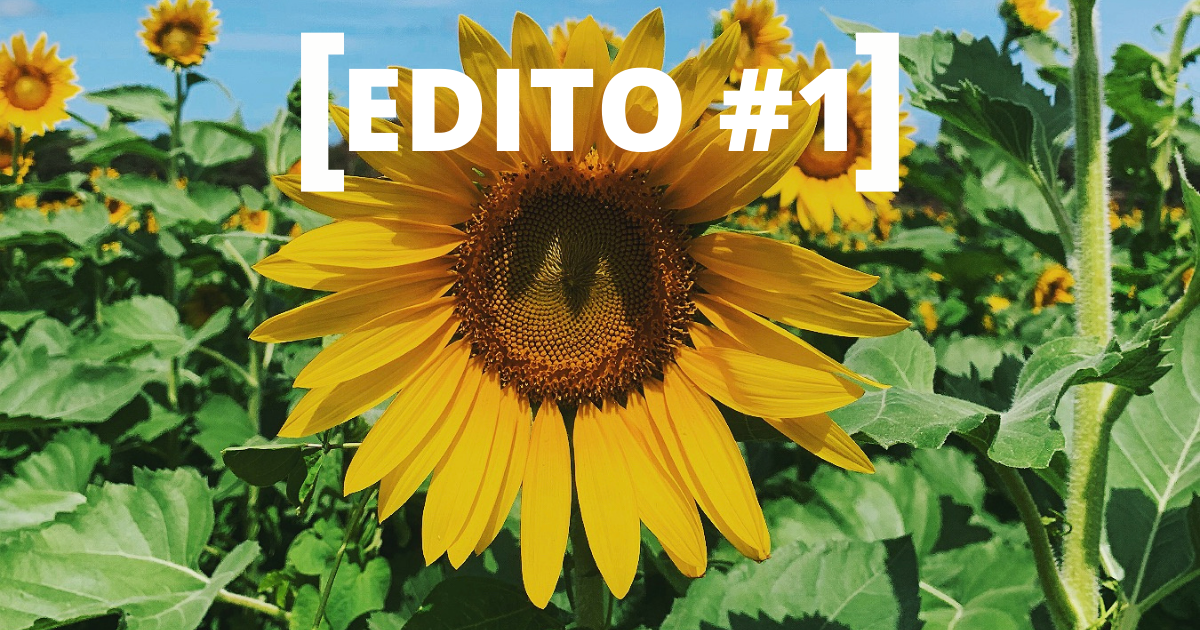
Edito #1
Observe our children, we may find systemic analogies with what happens in our business world. Paying attention to emotions and interactions with others is a vital task. In our hyper-digitalized world, the part of the teacher or the parent has become essential to create healthy and effective relationships. We must take advantage of any opportunity to listen and encourage collaborative practices. The pressure of the outside world forces us to know how to better manage our emotions. This requires a thoughtful, quality connection. Teaching is focused on the acquisition of new knowledge and skills. Coaching is focused on refining and developing knowledge and skills.
Coaching and its NLP models are opportunities to build conscious and empathetic relationships. It contributes to the construction of a better future where humans will be able to manage technology and whose consciousness will tend to express itself at a higher level.
Coaching is the “language” that allows us to weave bridges between disciplines, bridges between human beings and create links where distances separate us. This week we explore this topic with new options for anyone entering the world of education. Coaching is not only linked to change, it is also linked to the field of education. Coaching culture are not limited to the business world but may impact our schools, our comunities, our families too.
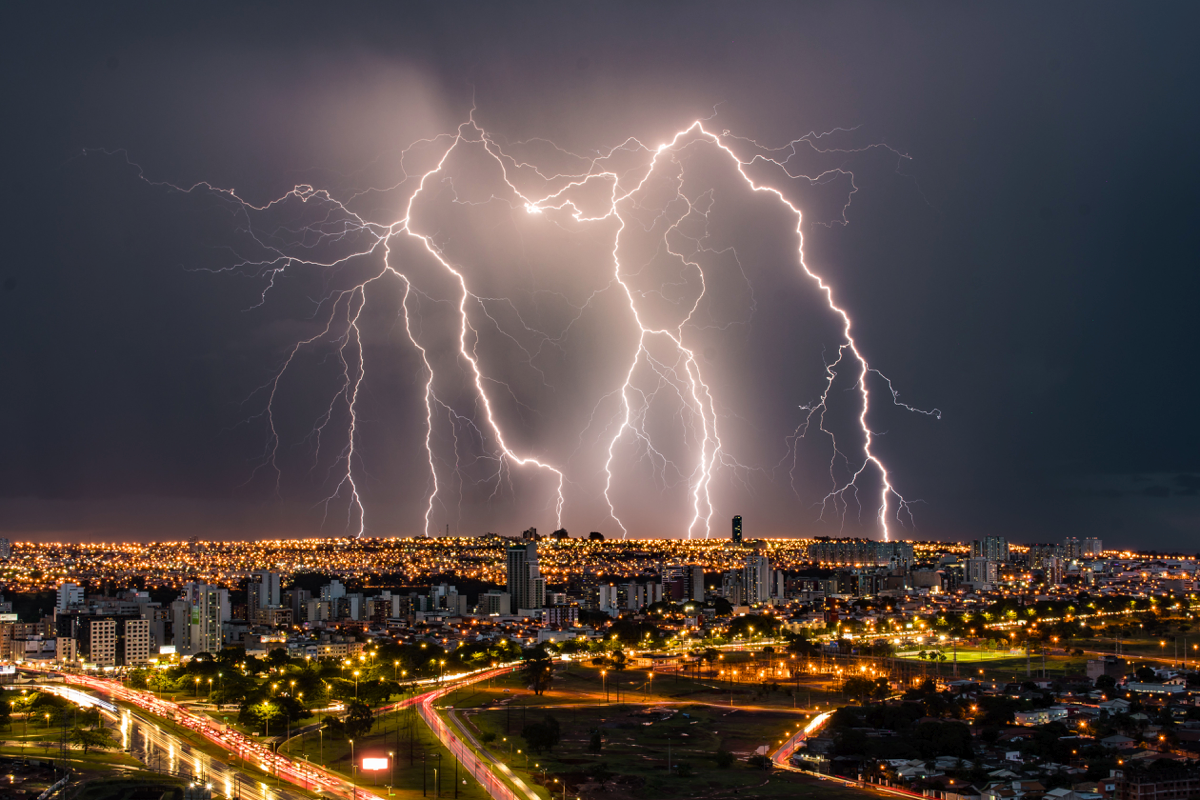
How to raise our energy and vibration?
To address the issue in question, it is first important that you know that both you and everything around you is energy and has a different vibration level.
What do you want?
What do you really want? This question is fundamental. Do what you want but above all build your life with consistency while respecting your flow.
Do you have a purpose in life?
Determining your life mission is essential for your personal balance, your well-being and also your longevity.
Raising conscious leadership
Conscious Leadership is the process by which a leader becomes radically responsible, self-aware, and focuses on building a culture of “we” rather than a culture of “me.”
